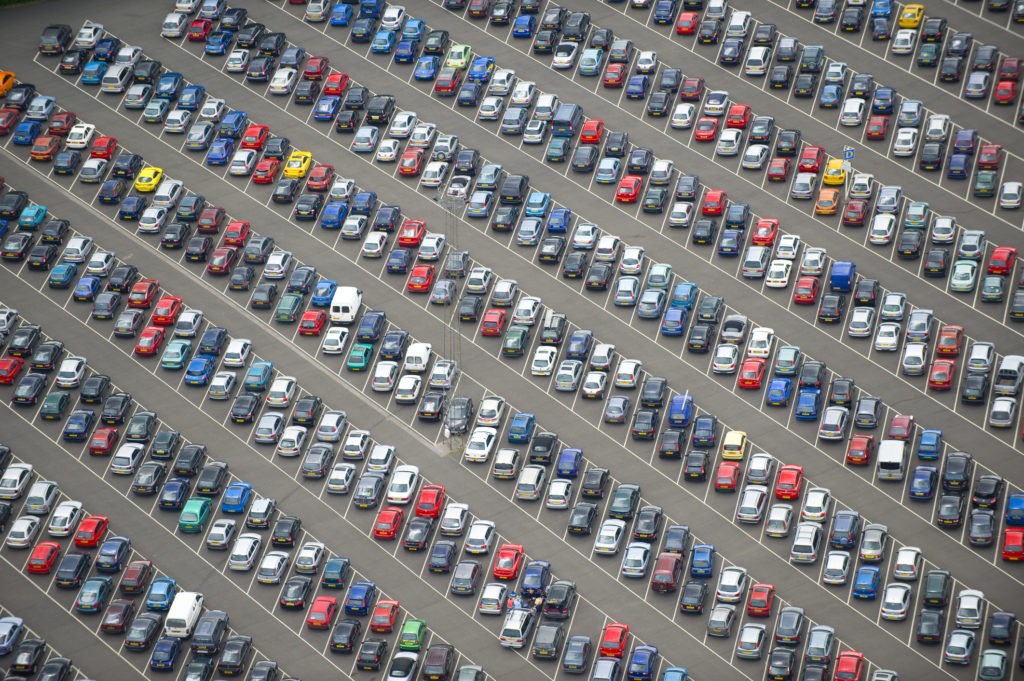UK dealerships face large tax rises over next five years
07 February 2018

7 February 2018
Car retailers in the UK face a £150.5 million (€170 million) rise in taxes over the next five years, according to the results of a new study.
The increase is a result of ′further increased liabilities if investing’ which places pressure on an industry that has lost one in ten locations in the UK since the economic crisis of 2009. The study was published by rating advisory company Altus Group in response to a letter to Citroen UK, from Nicky Morgan MP, in which she called on the brand to protect jobs following the closure of a dealership in her constituency.
Morgan opened the letter stating that there was a ′role to be played’ by Citroen UK in helping to find work for the staff of the former Luffield Cars franchise. However, Altus Group believes that it is the government that must do more to protect the franchised car dealership sector amid falling new car registrations.
According to the company, during the last seven years, one in ten vehicle showrooms, a total of 574, have closed their doors in the UK, having been converted into other forms of use as consumers decide not to purchase new vehicles, or move to online purchasing, a market that manufacturers themselves are looking to exploit.
Research by the Altus Group showed that at the start of the last rating list in April 2010, there were 6,320 car showrooms but, at the start of 2017 rating list last April, the numbers of car showrooms liable for business rates had fallen by 9.99% to 5,746.
Altus Group said: ‘Rateable values of every commercial property in England and Wales were adjusted to reflect changes in the property market. The new rateable values have already been used to determine the basis of the tax calculations for rates which came into effect on 1st April last year and determine property tax bills for the next five years.
′However, according to a detailed analysis, new rateable values published show car showrooms across England and Wales saw their property assessments increase by £62.9 million (€71 million), up 12.65%.’
The Altus Group analysis shows that the 5,746 car showrooms across England and Wales liable for rates had a combined rateable value of £497 million (€561 million) based on the last property assessment in 2010, which formed the basis of tax bills for the last seven years, but increased to £560 million (€632 million) from 1 April, last year.
As a result, Altus Group projects that the amount payable under the new rateable values averaged out over the next five years across all car showrooms in England and Wales represents a £32 million (€36 million) per year increase in tax allowing for transitional relief and forecasted inflation.
Robert Hayton, executive vice-president of business rates at Altus Group, suggests that investment and demands by manufacturers are raising tax liabilities.
Speaking to Automotive Management, he said: ′Dealerships need to rapidly respond to changes in motoring technology, car usage and ownership models, often impacting showroom presentation and format.
′Investment in improvements, often determined by manufacturers, can increase rateable values and therefore operational costs.
′Dealers should expect further increased liabilities if investing. All too often a too formulaic an approach fails to take account of the value drivers of modern operators or appreciate the complexity of rental agreements between manufacturers and operators leaving grounds for an appeal.’